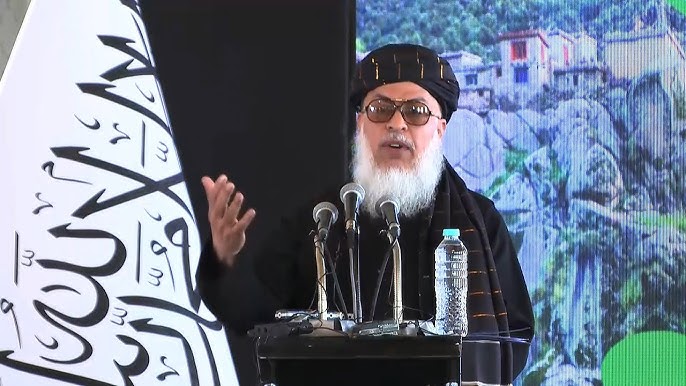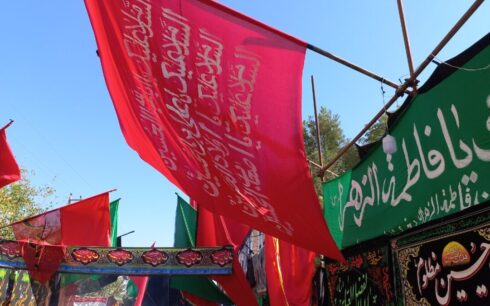KABUL, Afghanistan — Abbas Stanikzai, the Taliban’s deputy foreign minister, said on Wednesday that decades of war, including “the use of bombs and chemical weapons”, have inflicted significant environmental damage on Afghanistan.
Speaking at a conference in Kabul on the impact of the 29th United Nations Climate Change Conference (COP29), Stanikzai stated that 80 percent of Afghanistan’s forests were destroyed during the Soviet invasion in the 1980s.
He also criticized the United States for its use of weapons like the “Mother of All Bombs” during its military presence in Afghanistan, arguing that such actions have had lasting environmental and economic repercussions.
“In the past 50 years, Afghanistan has suffered greatly, especially in terms of the environment. During the Soviet occupation, 80 percent of our forests were destroyed. Bombs used by the Soviets wiped out vast areas of greenery, and the mines they left behind still harm our people today,” Stanikzai said.
“Then NATO and the United States came, using weapons in Afghanistan that they wouldn’t dare use elsewhere. The ‘Mother of All Bombs,’ which America boasted about, was used here. Its effects are still being felt, damaging agriculture, natural resources, and water supplies.”
Stanikzai emphasized the need for improved water management to combat climate change and called for international assistance in addressing the environmental crises Afghanistan faces.
The Taliban has often blamed foreign powers for the country’s challenges, though critics note their own history of destruction. The remarks come as, over the two decades following 2001, Taliban-led attacks, including suicide bombings and roadside explosives, have resulted in significant civilian casualties and widespread infrastructure destruction.
Meanwhile, Abdul Latif Nazari, the Taliban’s deputy minister of economy, said that international sanctions and restrictions have hindered Afghanistan’s ability to collaborate with global organizations on climate issues.
“These sanctions make it impossible for us to work with international bodies on environmental issues,” Mr. Nazari said, urging the separation of environmental and economic matters from politics. “This is the responsibility of the world.”
Afghanistan remains one of the world’s most vulnerable countries to climate change, despite contributing only 0.1 percent of global greenhouse gas emissions. The country faces extreme weather events, including prolonged droughts and severe flooding, which exacerbate food insecurity and economic instability.
At COP29, held in Baku, Azerbaijan, $300 billion was pledged to assist poorer nations affected by climate change. However, Afghanistan has been excluded from accessing these funds since the Taliban’s return to power in 2021.
For the first time, a Taliban delegation, led by Mutah Al-Haq Khalis, head of the Taliban’s environmental protection agency, participated in the climate conference. The group’s inclusion highlighted the international community’s dilemma in engaging with Afghanistan while balancing political concerns with humanitarian needs.




